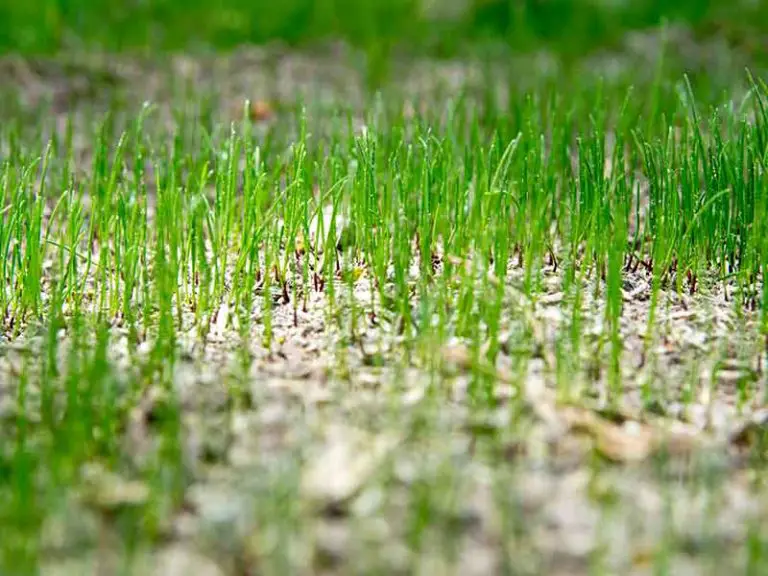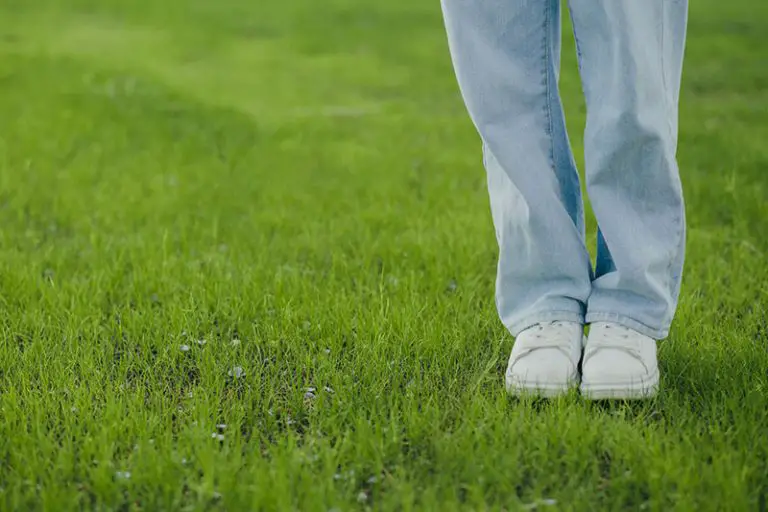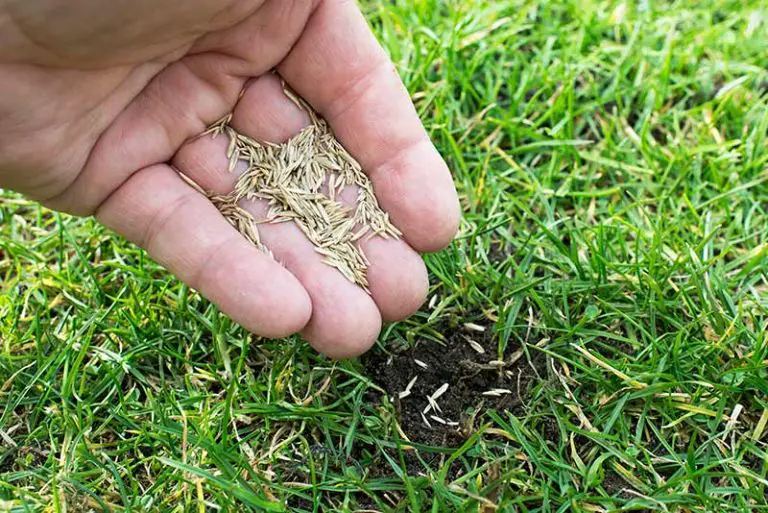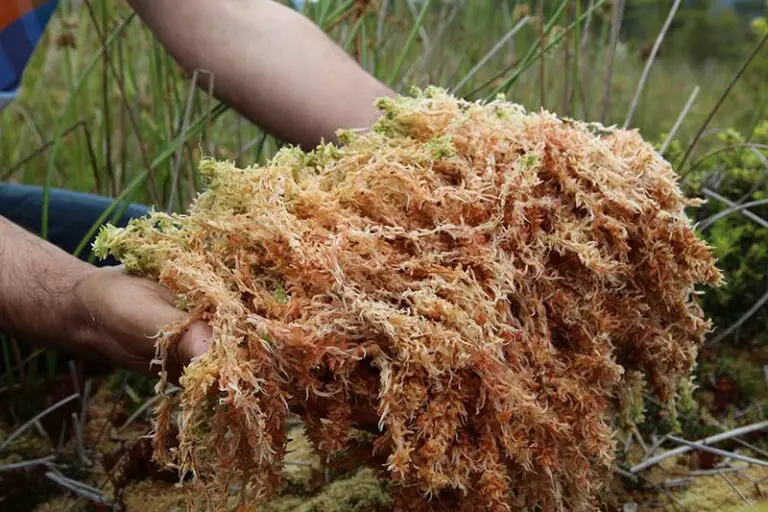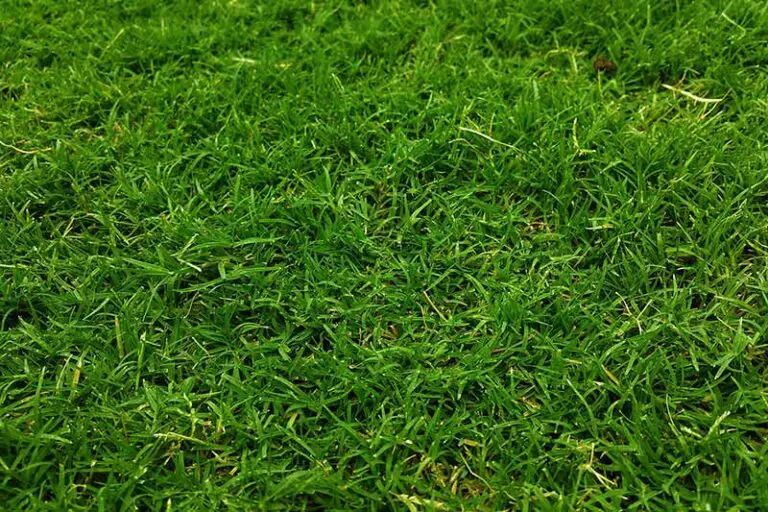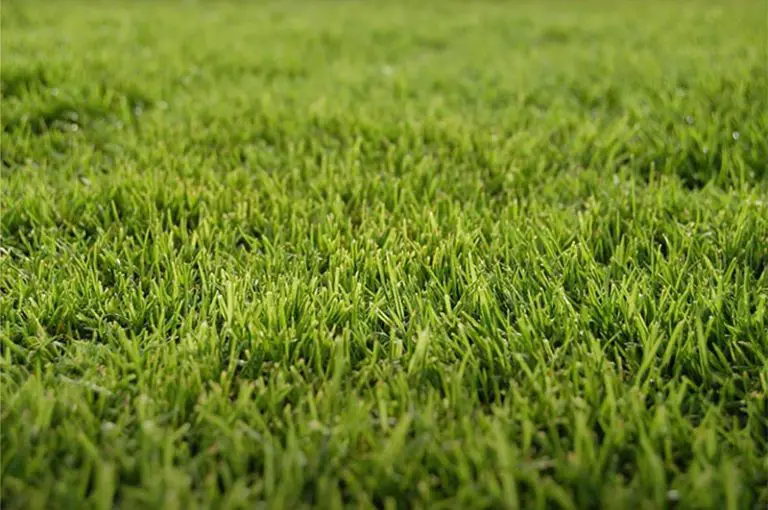Does Pine-Sol Kill Grass?
Pine-Sol is often regarded as a quick and easy means to kill weeds, mold and other unwanted plants in your garden. It can be used to mild to moderate success, but may see further damages if used often.
Pine-Sol will kill grass if reapplied multiple times over time. Even though it can take many reapplications to eventually kill grass, it will damage the grass first and lead to yellowing and browning as a result. If you have been using Pine-Sol on your lawn, look out for any of the signs that it may be damaging grass so the effects can be reversed.
What is Pine-Sol?
Pine-Sol is an all-purpose cleaner and hosts a variety of different uses. As an antibacterial, it can be used for cleaning both outdoors and indoors. One of its main specialities is helping with the removal of soil stains, leading people to find other uses for it in the garden. It’s sometimes used in a mixture of other ingredients as a DIY weed and mold killer for the lawn.
In DIY remedies, Pine-Sol is often mixed with dish soap and water in order to kill weeds and mold.
Dish soap isn’t particularly recommended for use on grass either, as it can potentially kill and damage grass by dehydrating it. If you find yourself needing to use one of these solutions on your lawn, make sure to dilute all ingredients and use a spray bottle to spot-treat one area to minimize any potential damage that your grass may suffer.
What Does Pine-Sol Do to Grass?
Like most formulas, Pine-Sol is made from a concoction of chemical ingredients. Whilst some of these ingredients do appear to be plant safe, some are not. This can lead to damage of grass if brought into contact with Pine-Sol.
- Alcohol Ethoxylates – Alcohol ethoxylates serve a variety of different purposes when added to all-purpose cleaners. They act as a detergent, a degreaser and as wetting agents. Detergents in particular are dangerous to both wanted and unwanted plant life, as they work by breaking down organic oils present on the outside of the plant, causing it to dry up and eventually die. Whilst this is great for weeds, it’s not so good for wanted plant life such as grass and leaves.
- Sodium Carbonate – Sodium carbonate is sometimes known as “soda ash” and is one of the main ingredients in most all-purpose cleaners. Being a salt, it can leave lasting effects on soil due to the pH level changes that it can incur. Your soil’s pH levels are incredibly important as grass is very susceptible to any changes in these levels. A soil with high pH is less likely to support life, for instance. If using Pine-Sol on your lawn, you can routinely test your soil’s pH for any extreme changes fairly easily, to ensure that it is still hospitable to grass.
Whilst these ingredients are mostly harmless to humans, they can be detrimental to your lawn if they are allowed to work in unison. The removal of essential oils from your grass, paired with the dehydration caused by the soda ash could lead to patches of grass drying and dying out. If the pH levels of the soil hosting it were to change dramatically, it could lead to grass being unable to regrow in the area until it has been diluted and amended.
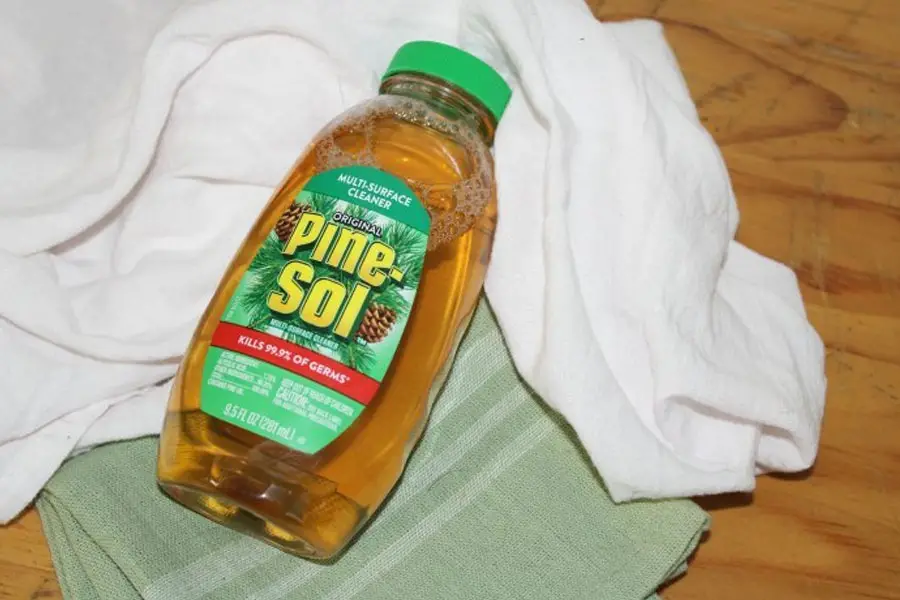
What Happens if You Spray Your Lawn with Pine-Sol?
Spraying your lawn with Pine-Sol is not recommended by any gardening experts. Whilst you can do so if you choose to, it’s often advised against. Using Pine-Sol on the lawn can lead to discoloration, plant death and an increased likelihood that soil pH will change. Whilst it may kill weeds and mold in the process, it’s often not worth putting the rest of your lawn at risk just to remove them. If you absolutely must use a Pine-Sol based weed killer as a solution, make sure to use a spray bottle and spot-treat the problem areas, as opposed to spraying the whole garden. This will minimize damage to your grass.
Can Pine-Sol be Used as an Insecticide?
Pine-Sol is also not recommended to be used as an insecticide. It’s often discussed how pine serves as a natural deterrent against unwanted insects. However, Pine-Sol only contains a miniscule of pine oil, meaning that it is largely ineffective against insect infestations. Whilst detergents can dry up and eliminate insects, there is also no discrimination between them, meaning that useful insects – such as bees- can be possibly killed as a result. If you have an issue with insects in your garden, it is best to contact a professional or use a deterrent/insect killer which has been purpose built for your needs.
Does Pine-Sol Kill Weeds?
Pine-Sol can kill weeds if it is concentrated correctly. It does this the same way it kills grass, by stripping them of their essential oils and dehydrating them. It is, however, more of a temporary fix as it is unlikely to kill weeds at the source. This means that their roots are still intact under the soil and can regrow at any time. Pine-Sol also requires several applications to successfully kill grass or weeds, meaning that you’re likely to see mere damage to the weeds unless it is repeatedly applied. In any case, it is better, and faster, to invest in specific weed killers.
Alternatives to Pine-Sol
If you’re planning to use Pine-Sol to rid your grass of weeds, there are plenty of other, and better, alternatives that can be used to ensure that your grass remains undamaged. Weed killers can be bought straight off the shelf in all garden stores and even in most supermarkets. These mixtures are created with the intention of killing weeds and weeds alone, so the likelihood of them causing any lasting damage to your grass is highly unlikely. Knowing exactly what type of weed you have in your lawn can help determine how you’re going to remove it. Some weeds, such as moss, require different removal techniques than weeds such as crabgrass or clover.
It’s also important to note how many weeds are in your lawn, as removal techniques will also be different if you have a few, or are needing to fix a lawn full of weeds.
Other DIY methods can be deemed safer than Pine-Sol when it comes to maintaining your lawn, as well. For instance, whilst vinegar is also not advised for use on your lawn, it is more effective than Pine-Sol and easier to source. It is also somewhat gentler on grass and harsher on weeds if mixed correctly.
Final Thoughts
It isn’t advised to use Pine-Sol on your lawn, even if it is to remove weeds. This is because it can very easily lead to damaged grass or unwanted changes to your soil’s pH levels. If you have used Pine-Sol on your lawn, you can expect to see some visible damage to your grass such as browning or yellowing. This should be used as a caution to stop, as prolonged use will see the damaged grass slowly die. Even though brown and yellow grass is unsightly, it can luckily be reversed over time.

